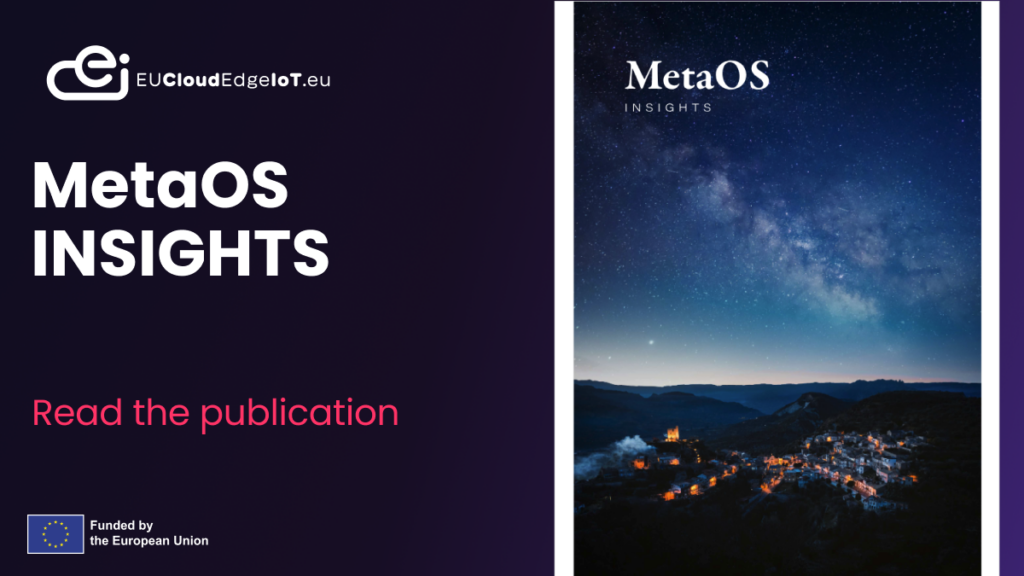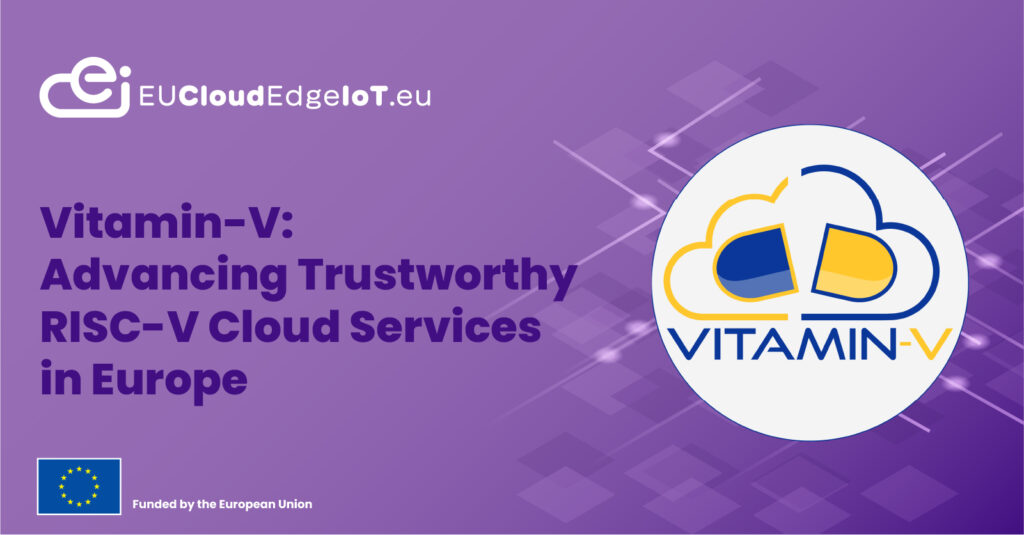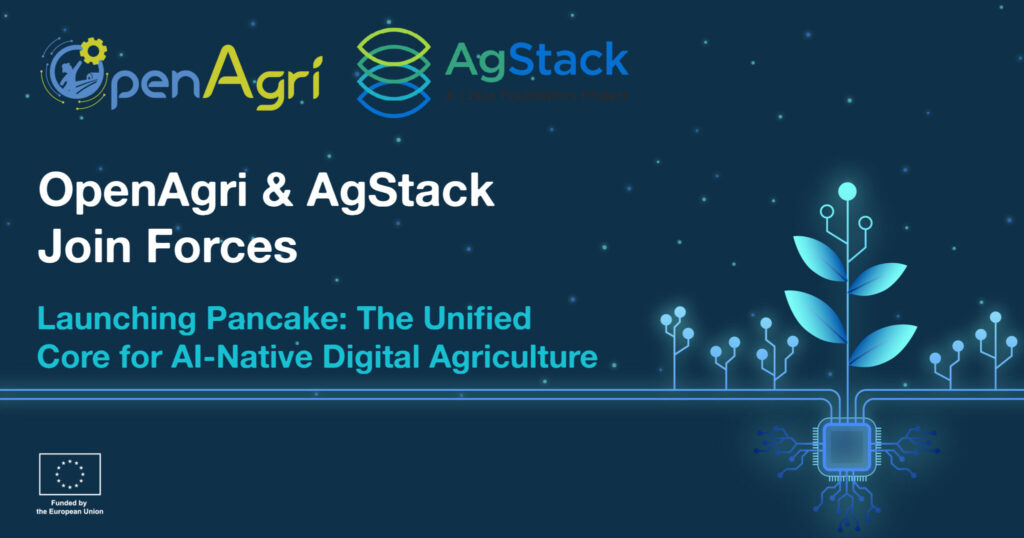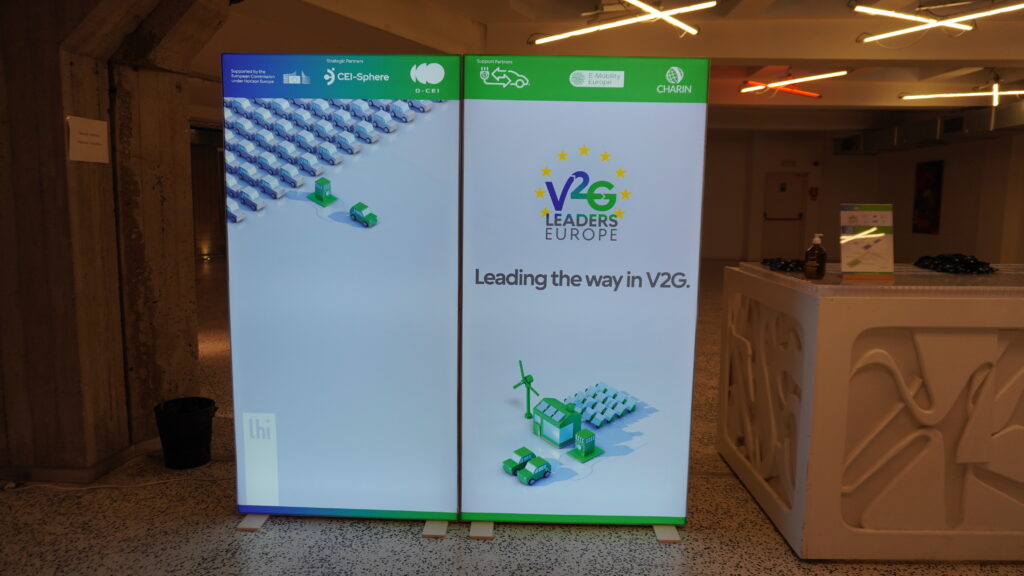Energising Europe: Key Takeaways from EUCEI’s Energy Event
In collaboration with EU Cloud Edge IoT Continuum, within the UNLOCK-CEI project, we co-organised a pivotal event “Giving Energy an Edge: Showcasing the Edge to Cloud Continuum in Energy”. It aimed to showcase the current use cases at the intersection of the energy sector and cloud computing tackling the challenges surrounding energy infrastructure, flexibility and electrification of heat and mobility. Its main objective was to stimulate interest and engagement from SMEs, start-ups and developers who can contribute innovative EU CEI use cases within the energy domain to encourage participation in Open Calls and networking with key stakeholders from the European energy ecosystem.
The event started with an introduction from Brendan Rowan, Managing Director at BluSpecs and Coordinator of Task Force 4 for the UNLOCK-CEI project, setting the agenda and providing context to the EU Cloud-Edge-IoT Continuum. Rolf Riemenschneider, Head of Sector IoT at the European
Commission’s DG CNECT, then offered insights into the opportunities for SMEs in the energy sector due to the increase in IoT and CEI technology. Natalie Samovich, Co-Founder of Resilient Group and Chair of WG Energy AIOTI, and WG Smart Grids ETIP-SNET, provided a retrospective overview of key aspects in the energy sector. Natalie shared examples of successful partnerships fostering digitalisation and data sharing among organisations. She explored areas ready for digital technology adoption and highlighted trends across various energy use cases.
The event held a panel discussion on “Powering the Future: Tech Transformation of the Energy Sector in the Full Transition”, featuring perspectives from Selene Liverani, Valerie Anna Lencznar, Dieter Jong, Nicolas Honing, and was moderated by Tanya Suarez. The panellists explored the technological transformation unfolding in the energy industry and provided valuable insights into both challenges and collaborative initiatives shaping the sector’s trajectory. During the discussion, Dieter Jong, representing re:alto energy, shed light on a significant challenge facing the industry – intense micro-regulation. While acknowledging the positive impact of the EU Data Act in opening up appliance data to third parties and end consumers, Jong highlighted the impediments posed by micro-regulation from major car manufacturers. He delved into the complexities arising from the absence of electricity metres onboard cars, attributing the slow progress to regulatory barriers and the automobile industry’s primary focus on manufacturing rather than integrating electronic devices.
Valerie Anna Lencznar, representing RTE, shed light on the benefits of collaborative efforts within the Linux Energy Foundation. She emphasised the early stages of projects in this realm and highlighted the necessity for increased collaboration, driven in part by the scarcity of resources. Lencznar’s insights underscored the pivotal role of open-source projects in fostering a collaborative environment within RTE’s branch of the Linux Energy Foundation, laying the foundation for future advancements. The panel discussion not only addressed current challenges but also illuminated the collaborative spirit required to navigate and overcome these obstacles. As the industry grapples with regulatory complexities and strives for innovation, the insights from these industry leaders pave the way for a more collaborative and transformative future in energy and sustainability.
Following the panel, we heard from the coordinators of the Open Call projects about the funding and architecture of their programmes, which are primarily aimed at SMEs and start-ups. Featuring UNLOCK, EC-DG CNECT and Enercoutim projects. As well as insightful presentations from the project’s coordinators from aerOS, NEMO, ICOS, NEPHELE and NebulOuS presented their MetaOS projects, as well as FLUIDOS on their work on Intelligent Power Grids and COGNIT on their Energy Use Case in Cognitive Cloud. The Open Call projects and use case providers then had the opportunity to talk more about their initiatives in a breakout room during our “matchmaking” session. The collaboration between both the Open Calls and use case providers were the highlight of the event, fostering a collaborative ecosystem where ideas converged, partnerships flourished, and innovation took centre stage. We would like to thank everyone involved in hosting this event and making it a success!
The event recordings and slides can be accessed from the event page.




